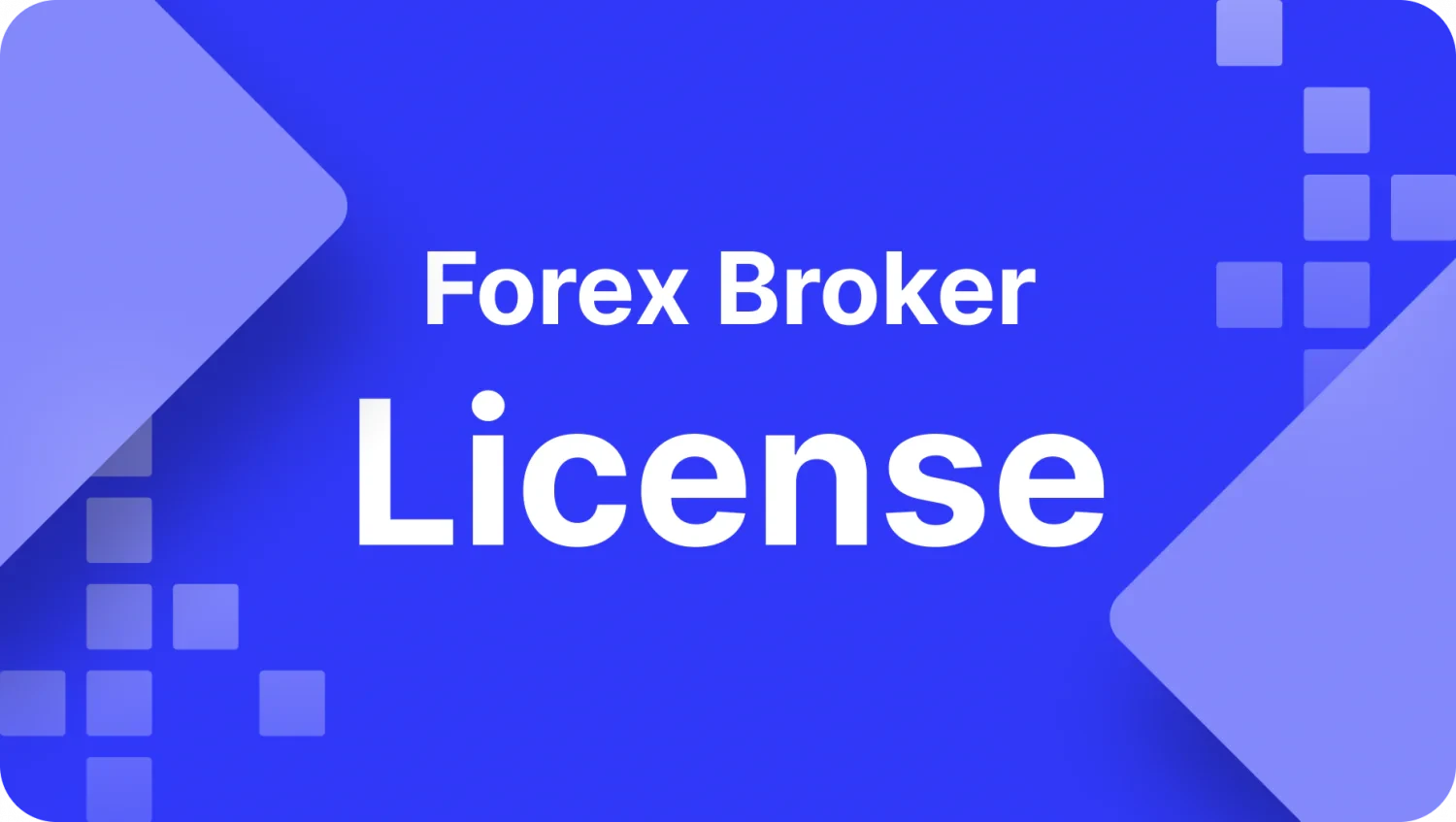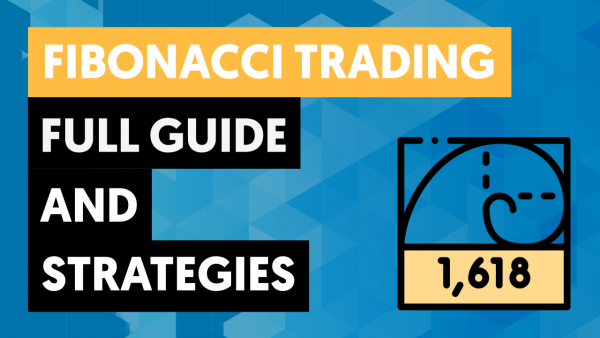Forex Trading Regulations and Licenses: An In-Depth Guide
Forex trading is one of the largest financial markets in the world, with daily trading volumes reaching trillions of dollars. As the popularity of forex trading continues to grow, it’s essential for traders to understand the importance of regulations and licenses in ensuring safe and legal participation in the market. Regulations help maintain the integrity of the market, protect investors, and prevent fraudulent activities. In this article, we will explore the key aspects of forex trading regulations and licenses and why they are vital for traders.
What Are Forex Trading Regulations?
Forex trading regulations refer to the rules and guidelines set by financial regulatory bodies to govern the activities of forex brokers, traders, and other participants in the forex market. These regulations are designed to ensure transparency, fairness, and the safety of traders’ funds. They also aim to maintain the stability and integrity of the financial system as a whole.
Regulations vary from one country to another, and the forex market is subject to both local and international regulatory frameworks. The main goal of these regulations is to protect traders from fraud, manipulation, and other illegal activities while ensuring that the market operates in a fair and orderly manner.
Why Are Forex Regulations Important?
- Protection of Traders: Regulations protect traders from unscrupulous brokers, ensuring that they have a fair and transparent environment in which to trade. Regulated brokers are required to adhere to strict standards and provide clear terms and conditions.
- Preventing Fraud: Forex trading is susceptible to scams and fraudulent activities. Regulations help minimize the risk of fraud by requiring brokers to meet specific operational standards, implement anti-money laundering (AML) policies, and safeguard traders’ funds.
- Market Integrity: Regulations are crucial in preventing market manipulation and ensuring that the market remains fair for all participants. They ensure that prices are determined by supply and demand rather than artificial influences.
- Ensuring Financial Stability: By adhering to regulations, forex brokers contribute to the overall stability of the financial system. This is especially important in a globalized financial market where instability in one region can affect other markets.
Major Forex Regulatory Bodies
Several regulatory bodies are responsible for overseeing forex trading in different countries. Below are some of the most prominent regulators:
- Financial Conduct Authority (FCA) – United Kingdom
- The FCA is one of the most reputable regulatory bodies in the world. It oversees financial markets in the UK, including forex trading. Brokers operating in the UK must be authorized by the FCA, which ensures they meet the required standards for investor protection, transparency, and financial stability.
- Key Features:
- Strict capital requirements for brokers
- Protection of client funds in segregated accounts
- Ongoing supervision and audits of brokers
- Measures to prevent market abuse and fraud
- Commodity Futures Trading Commission (CFTC) – United States
- The CFTC regulates the futures and options markets in the United States, including forex trading. Forex brokers in the US must register with the CFTC and follow the rules laid out by this regulatory body.
- Key Features:
- Brokers must be members of the National Futures Association (NFA)
- Strict guidelines on margin requirements and leverage
- Regular oversight to ensure fair practices in the market
- Australian Securities and Investments Commission (ASIC) – Australia
- ASIC regulates the forex market in Australia. It is known for its strict regulatory framework that ensures traders’ funds are protected, and brokers adhere to ethical practices.
- Key Features:
- Brokers must hold an Australian Financial Services (AFS) license
- Protection of traders’ funds through segregated accounts
- Ongoing monitoring of brokers’ compliance with regulatory standards
- Cyprus Securities and Exchange Commission (CySEC) – Cyprus
- CySEC is responsible for regulating forex brokers operating in Cyprus, which is a popular destination for many international brokers due to its favorable regulatory framework.
- Key Features:
- Forex brokers in Cyprus must comply with EU directives (MiFID II)
- Segregation of client funds
- Annual audits to ensure compliance with financial regulations
- Financial Services Agency (FSA) – Japan
- The FSA regulates the forex market in Japan, which is one of the most active markets for currency trading. Forex brokers operating in Japan must be licensed by the FSA.
- Key Features:
- Strict financial reporting and transparency requirements
- Protection of client funds through segregation
- Regular inspections of brokers to ensure compliance
Types of Forex Trading Licenses
Forex brokers are required to obtain specific licenses to operate legally in different countries. The type of license depends on the regulatory body governing the forex market in that particular region. Some common types of forex trading licenses include:
- Market Maker License
- A market maker license allows brokers to act as counterparties to their clients’ trades. Market makers facilitate trading by providing liquidity, which ensures that orders can be executed quickly. Brokers with this license may make a profit by acting as the counterparty to client trades, though they must adhere to strict rules to ensure fairness and transparency.
- Straight Through Processing (STP) License
- An STP license allows brokers to pass client orders directly to liquidity providers without acting as the counterparty to trades. This model is considered more transparent and beneficial to clients since brokers do not have a vested interest in the outcome of the trade.
- Electronic Communication Network (ECN) License
- An ECN license enables brokers to offer direct access to the interbank forex market. ECN brokers provide clients with access to real-time quotes from multiple liquidity providers and allow traders to execute trades at the best available price. This type of license is typically favored by professional traders who require low spreads and fast execution.
How to Choose a Regulated Forex Broker
When selecting a forex broker, it’s crucial to ensure that the broker is properly regulated and holds the necessary licenses to operate legally. Here are some key factors to consider when choosing a regulated forex broker:
- Regulatory Authority: Check if the broker is licensed by a reputable regulatory body such as the FCA, CFTC, or ASIC. A broker regulated by a reputable authority provides a higher level of confidence that they operate in a fair and transparent manner.
- Client Fund Protection: Look for brokers that offer protection for client funds by holding them in segregated accounts. This ensures that your funds are protected in case the broker faces financial difficulties.
- Reputation and Reviews: Research the broker’s reputation and customer reviews. Look for feedback from other traders to determine the broker’s reliability and trustworthiness.
- Trading Conditions: Consider the broker’s trading conditions, including spreads, leverage, and margin requirements. Compare these conditions with other brokers to ensure that they align with your trading strategy.
- Transparency: Ensure that the broker provides clear and transparent terms and conditions, including fees, spreads, and commissions.
Conclusion
Forex trading regulations and licenses are essential for maintaining the integrity of the forex market and protecting traders from fraud and malpractice. Understanding the regulatory environment and choosing a broker with the right licenses can help traders avoid risks and ensure a safe and secure trading experience. By selecting a regulated broker, traders can confidently navigate the forex market and make informed decisions to maximize their trading success.




